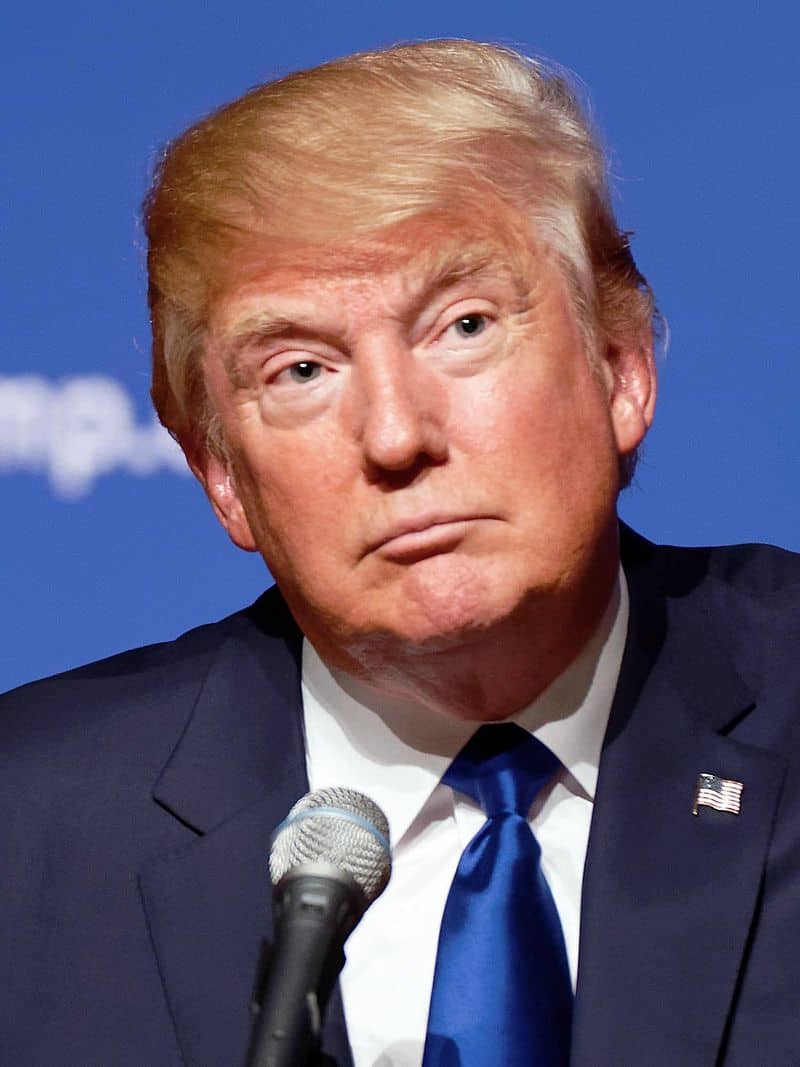E-2 Treaty Investors: Welcome New Zealand
 The United States and New Zealand have entered into an agreement which allows citizens of New Zealand to open businesses in the US and become E-1 Treaty Traders and E-2 Treaty Investors to manage and grow their companies in the US.
The United States and New Zealand have entered into an agreement which allows citizens of New Zealand to open businesses in the US and become E-1 Treaty Traders and E-2 Treaty Investors to manage and grow their companies in the US.
The KIWI Act was signed into law by President Trump in August and has now gone into effect.
New Zealand joins a list of over 60 countries which have E-1 and E-2 treaties with the US. E-1 and E-2 visa holders employer many thousands of US citizens and have helped spur economic growth in the US. This is the first time since 2008 that a country has been added to the list. It is expected that Israel will be added to the E-2 list shortly.
We represent hundreds of entrepreneurs with E-2 visas. Some of them are eager to get green cards through the EB-5 investor program while others are happy to remain in E-2 status.
Client Reviews

If You Want the Best Result Possible
“Mr. Shusterman and his law firm have represented both me personally and the nonprofit organization that I am associated with. The cases have ranged from the simple to the complex and contentious. Each case has been successfully completed. It is very simple – if you want the best result possible, then select the Law Offices of Carl Shusterman.”
- Richard B. Knapp, Chicago, Illinois
Read More Reviews
Zoom Consultations Available!
Qualifications for a E-1 Treaty Traders:
- The applicant must be a citizen of a treaty country;
- The trading firm for which the applicant is coming to the United States must have the nationality of the treaty country, meaning persons with the treaty country’s nationality must own at least 50 percent of the enterprise;
- The international trade must be “substantial”. There must be a sizeable and continuing volume of trade (trade means the international exchange of goods, services, and technology). Title of the trade items must pass from one party to the other;
- The trade of the U.S. enterprise must be principally between the U.S. and the treaty country. More than 50 percent of the international trade involved must be between the U.S. and the country of the applicant’s nationality;
- The applicant must be employed in a supervisory or executive capacity, or possess highly specialized skill essential to the efficient operation of the firm. Ordinary skilled or unskilled workers do not qualify. Please note that a detailed explanation of why the applicant’s skills are essential for the enterprise in the U.S. may be required;
- The applicant must intend to depart the U.S. when his/her E-1 status ends.
Qualifications for E-2 Treaty Investors:
- The investor, either a person, partnership or a corporate entity, must have the citizenship of the treaty country. If a business, at least 50 percent of the business must be owned by persons with the treaty country’s nationality;
- The investment must be substantial and the funds have to be “irrevocably” committed. The investment must be sufficient to ensure the successful operation of the enterprise;
- The investment must be in a real operating enterprise. Speculative or idle investment does not qualify. Uncommitted funds in a bank account or mere ownership of undeveloped land are not considered an investment;
- The investment may not be marginal. The enterprise must either show a financial return that significantly exceeds what is necessary to support a living for the investor or else the enterprise must have the capacity, present or future, to make a significant economic contribution;
- The investor must have control of the funds, and the investment must be at risk in a commercial sense. If the funds are not subject to partial or total loss if business fortunes reverse, then the investment is not an investment in the sense intended by the Immigration and Nationality Act (INA) 101(a)(15)(E) and in 9 Foreign Affairs Manual (FAM) 41.51. Loans secured with the assets of the investment enterprise do not qualify;
- The investor must be coming to the United States to develop and direct the enterprise. If the applicant is not the principal investor, he or she must be employed in a supervisory, executive, or highly specialized skill capacity. Ordinary skilled or unskilled workers do not qualify. Please note that a detailed explanation of why the applicant’s skills are essential for the enterprise in the U.S. or why the applicant possesses qualifying “executive or supervisory: experience may be required;
- The applicant must intend to depart the U.S. when his/her E-2 status ends.









